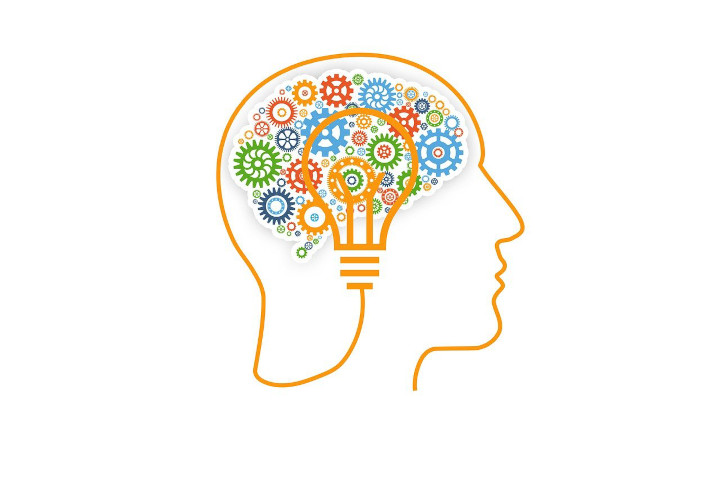Neuropsychological evaluation
- Cognitive testing to assess brain-behavior relationships and thinking abilities, often with the goal of differential diagnosis, establishing a baseline, and/or monitoring of cognitive functioning over time
- Tests will measure different areas of thinking, such as memory, attention, problem solving
- Some examples of reasons for neuropsychological evaluation:
- Assessment for dementia and other neurocognitive disorders
- Monitoring of cognitive functioning in the context of certain neurologic conditions (such as stroke, multiple sclerosis and Parkinson’s disease)
Academic
evaluation
evaluation
- Assessment for learning disorders in adults to help identify strengths and weaknesses in cognitive and academic abilities
- Provide recommendations for compensatory strategies and academic accommodations as appropriate
- Tests will measure intellectual abilities, academic skills, and other areas of thinking such as attention and learning style
- Some reasons for academic evaluation:
- Assessment of lifelong learning differences, such as difficulties with math, reading, or writing
- Obtain updated documentation of previously diagnosed learning disorder to meet school requirements for academic accommodations
Psychodiagnostic evaluation
- Clarification of mental health diagnoses, such as anxiety, ADHD, and bipolar disorder
- Provide recommendations for behavioral health and therapeutic supports
- Assessment may include personality tests and symptom questionnaires
- Some reasons for psychological evaluation:
- To better understand recent onset symptoms, or longstanding symptoms
- Lack of response to treatments for a previously diagnosed condition
- Obtain a second opinion


